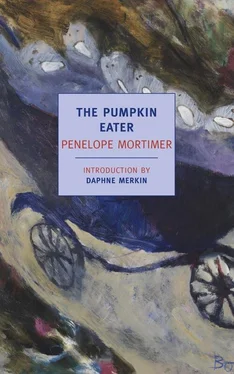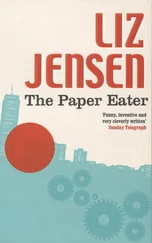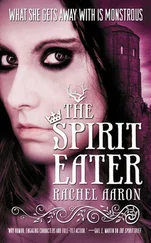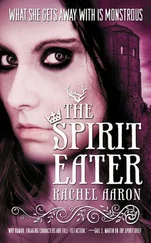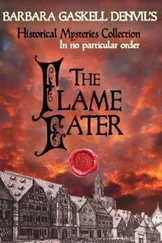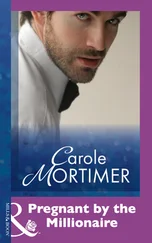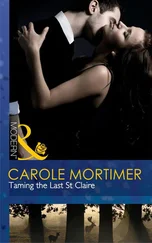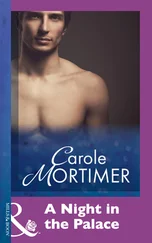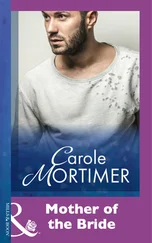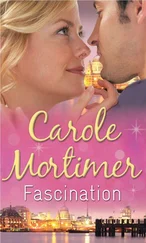Dazzlingly attractive to men, as restless as she was willful, and prone to what her mother called “infatuations” — falling in sexual love — Mortimer seems to have spent her twenties setting up and re-setting up domestic households, having affairs, and giving birth to two more daughters. (The third one was not fathered by Dimont, who was off much of the time fighting World War II, but by a close friend of his whom he’d introduced to his wife.) In between she managed to write two novels, neither of them published. On September 6, 1946, she wrote in her erratically kept diary: “At the moment we have some money. I have a Nanny for children. I write, and may possibly become successful. We live at Willersey.”
Within a year of writing this entry, Mortimer was cavalierly pregnant once again, this time by a married poet named Randall Swingler. (She and Dimont were living apart.) More to the point, she had met a friend of Swingler’s named John Mortimer, who was five years younger than she and already reading for the bar — “a clever, skinny, excitable youth,” as his wife-to-be dispassionately described him in About Time Too . John and Penelope became fast pals; they both were about to have their first novels published (Penelope’s Johanna , John’s Charade ) and shared the same agent. She found him funny and companionable; he found her exciting and sophisticated. They also became lovers and when Penelope gave birth to Swingler’s daughter (her fourth) at a Catholic nursing home in June 1948, John was the first visitor. Shortly thereafter, much to the astonishment of John’s parents and friends, the two of them rented a seaside house and established a humming domestic life together, which John, a lonely only child, took to with great relish. According to John’s biographer, Valerie Grove, “he cooked the girls’ breakfasts, took them for walks, told them stories, wrote little plays.” On August 27, 1949, the Mortimers were married in a small ceremony; exactly nine months later (and two days after the publication of his third novel), John’s first child and Penelope’s fifth daughter was born.
The Mortimers’ marriage, which eventually yielded another child, Penelope’s only son, would become the stuff of both their writing. At the beginning it appeared to be a storybook marriage of the most glamorous sort, with Penelope whipping up clothes for the children on an ancient Singer sewing machine when she wasn’t writing, weekend trips to Paris and jaunts to Rome, lots of friends and parties, and grand summer rentals. The early years, as recalled by Penelope, were also filled with blazing rows and impassioned reconciliations: “We make love, we quarrel, we make it up, we quarrel, we make it up, we make love.” In 1954 she published her second novel to what in hindsight seems like uneasy-making acclaim, with one reviewer calling it “a brilliantly successful attack on one of the most challenging fortresses of fiction: the spiritual and physical relationship of married life.”
Soon enough, the Mortimers’ own real-life fortress was under siege, haunted by the ghosts of other women, and would remain so until its official dissolution in 1971. John had become involved in the first of what would prove to be many affairs, and Penelope, who had once been free and easy with her affections (despite her “prim objections to loveless sex”), was heartbroken. “All my life I had been used to absolute power,” she wrote in About Time Too , “[to] exclusive attention. Who was I, if I wasn’t unique? No one I could recognize. John was correct in saying I was like someone who had lost an empire. I fixed the pieces of my self-esteem together in some semblance of the original, but the image was never quite the same.” Both of them resorted to amphetamines — “bennies and dexies,” as they were called — and went on partying, but in 1956 Penelope made a suicide attempt, after which she started seeing a Freudian analyst. When that failed — “My sense of the ridiculous,” she observed, “the only part of me that seemed to have survived more or less intact, got in the way” — she had a course of electroconvulsive therapy. That summer the Mortimers went to Positano at the expense of Penelope’s publisher in order to write a book about living abroad with children, With Love and Lizards , and in 1957 Penelope was given a contract by The New Yorker for six stories a year. Despite the discord at home, the family was featured as a gleaming image of fecundity on all fronts for numerous newspaper and magazine articles, with John becoming ever more renowned for his plays and prowess at the bar.
If The Pumpkin Eater reads like a work of catharsis, that’s because in part it must have served as such. The forty-two-year-old Penelope wrote it at a great clip — she began it in November 1961 (its opening sentence, she noted, “lit up the dark corners of my heart”) and was done with it by spring — and under great duress. At the urging of her doctor, she had agreed to an abortion and sterilization after becoming pregnant for the eighth time (she had miscarried a seventh pregnancy two years earlier) at the beginning of that year. The womanizing John, meanwhile, had just impregnated one of his girlfriends, the actress Wendy Craig (who happened to be starring in his play Lunch Hour ), an affair which Penelope unfortunately found out about just after having the termination procedure done in early March. Several months later, drowning in unhappiness, she was diagnosed as suffering from “involutional depression” and prescribed Cavodil, which left her feeling “half dead and quite uncertain.” In the fall of 1961, she rallied, turning to her writing to exorcise her demons, having discovered that “extreme despair is often the final stage of gestation.”
The Pumpkin Eater is Penelope Mortimer’s seventh novel; during her lifetime it was the most widely known and best received of her books. Through the scrim of fiction, it depicts her tumultuous yet addictive marriage to John with an unsparing eye for the foibles of the particular parties involved and for the weaknesses of the institution itself. (“We should have been locked up while it lasted, or allowed to kill each other physically.”) Large patches of it are written in dialogue, at which Penelope is nothing less than brilliant. It begins with a scene in a psychiatrist’s office, set against “the tick of the clock” and “the hiss of the gas fire,” where clues to Mrs. Armitage’s predicament — she cries all the time, worries about dust, and is pregnant with a child her husband, Jake, a rich film producer and screenwriter, doesn’t want — are sought by the doctor through gentle but persistent inquiry, much to his patient’s annoyance: “I thought I was supposed to lie on a couch and you wouldn’t say a word. It’s like the Inquisition or something. Are you trying to make me feel I’m wrong? Because I do that for myself.” Underneath the symptoms there is, above all — or at least this is what her doctor ferrets out — her “will to self-destruction.” He prescribes pills for “those little weeps” and psychoanalyzes her predilection for childbearing as stemming from her fear of the “messiness” of sex, and her distaste for sex “for the mere pleasure of it.” (To which she answers, true to deadpan form: “You really should have been an Inquisitor … Do I burn now, or later?”)
Soon enough, the whole story spills out. (It differs only in the details from Penelope’s own, the most significant detail being that Mrs. Armitage is an appendage to her husband rather than a creative figure in her own right.) There are early marriages, the “bodyguard” of children, the breakdown in Harrod’s (“I stand in the bloody great linen department and cry and cry quite soundlessly, sprinkling the stiff cloths with extraordinarily large tears”), the slow erosion of the love that once soldered the Armitages together, the affairs, the financial prosperity that brought a different way of life (“I imagined I’d have more time for Jake. But we all began to live alone, that’s what really happened”), and a new house under construction (called, simply, “the tower”) that never becomes the family home it was intended to be. (“When we went there it looked bleak and foolish, like a monument to a disgraced hero, a folly built for some cancelled celebration.”)
Читать дальше
